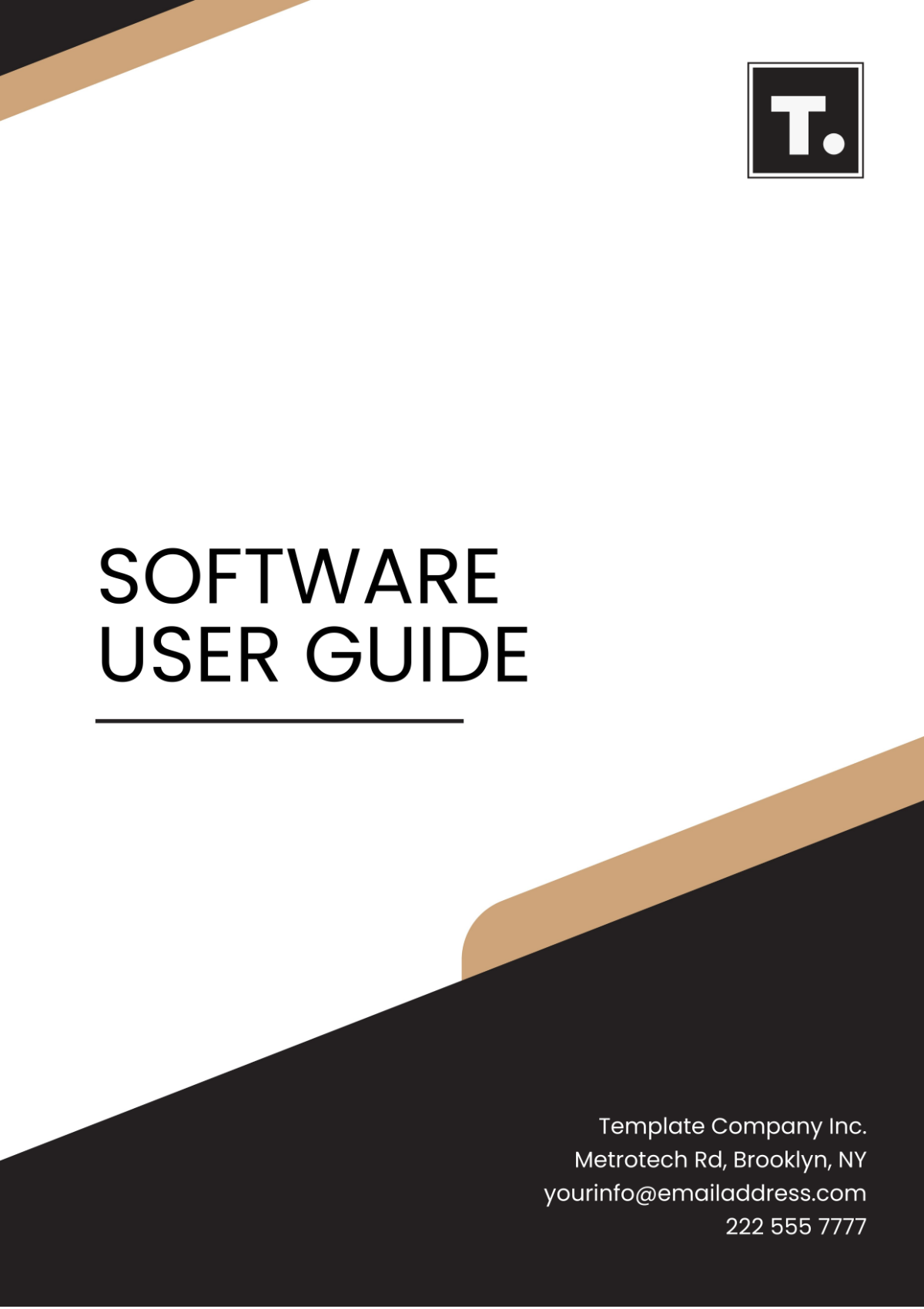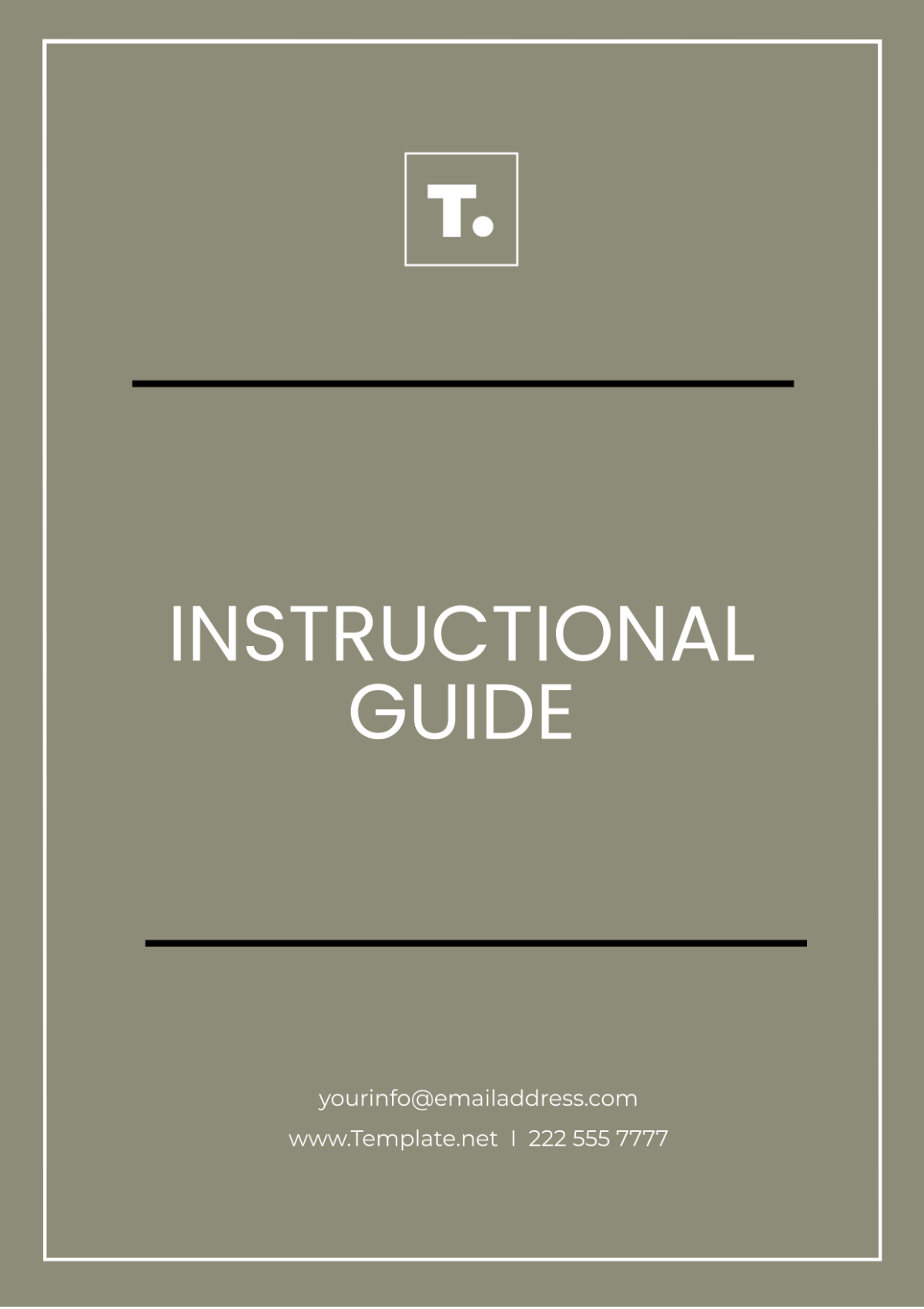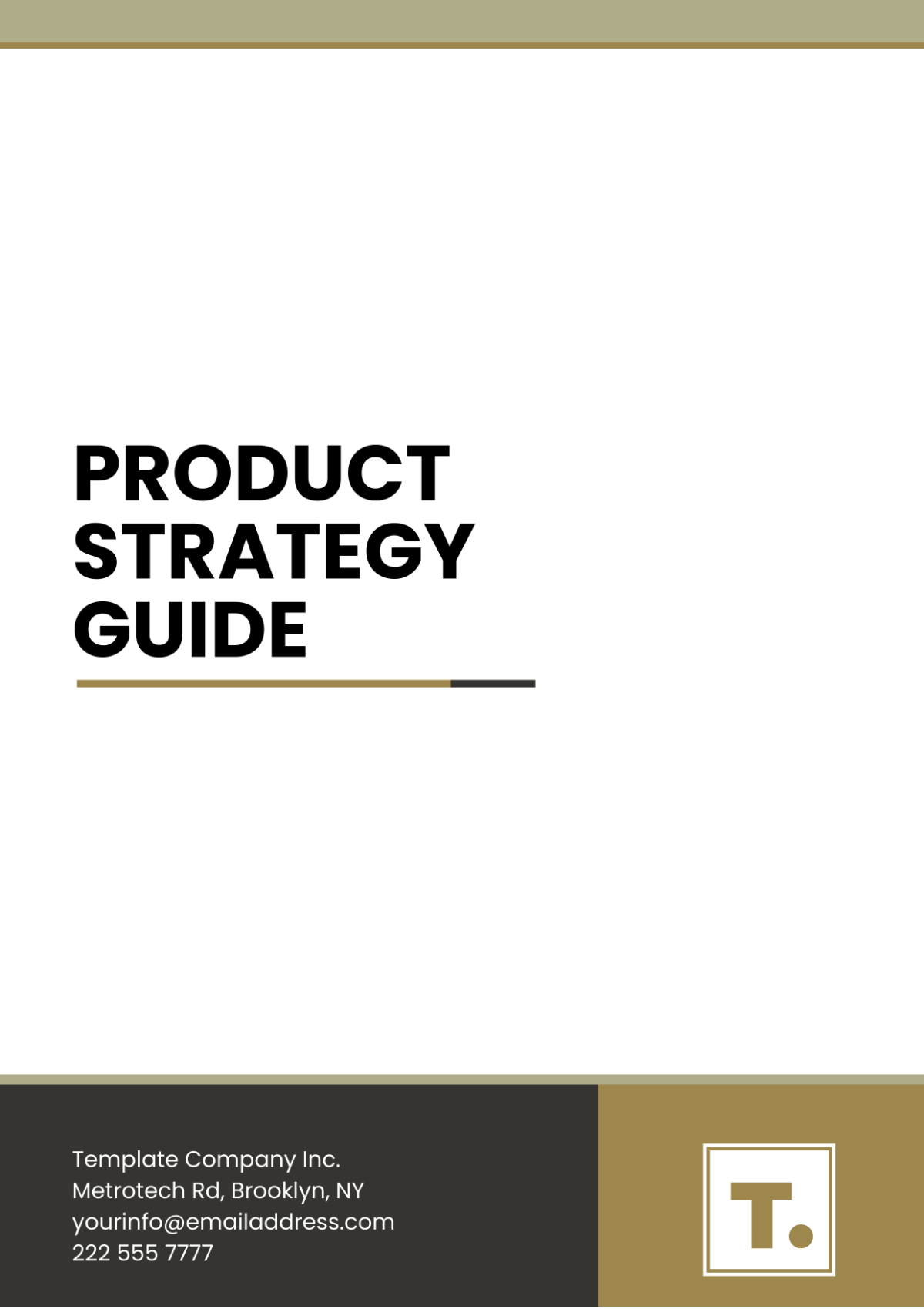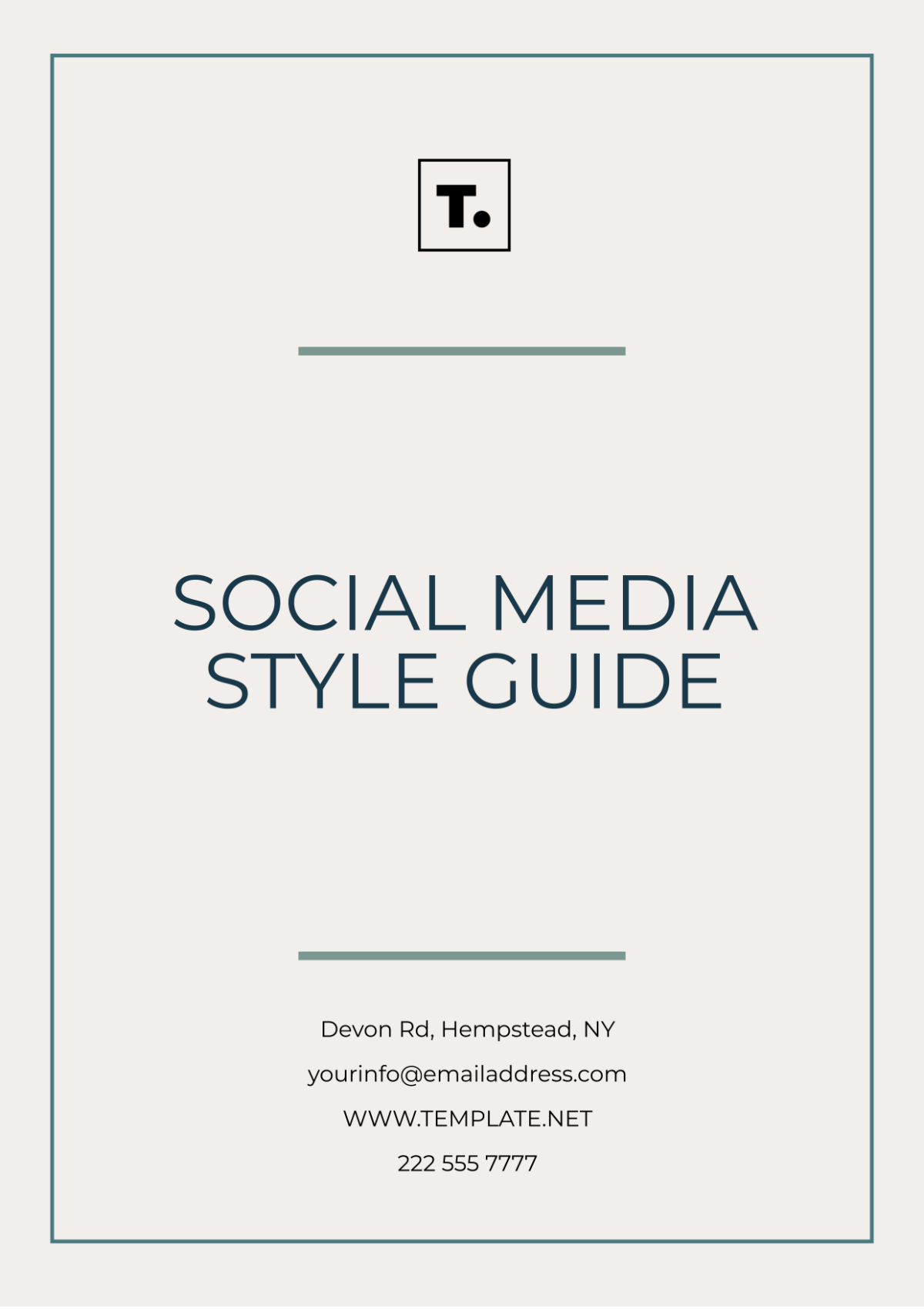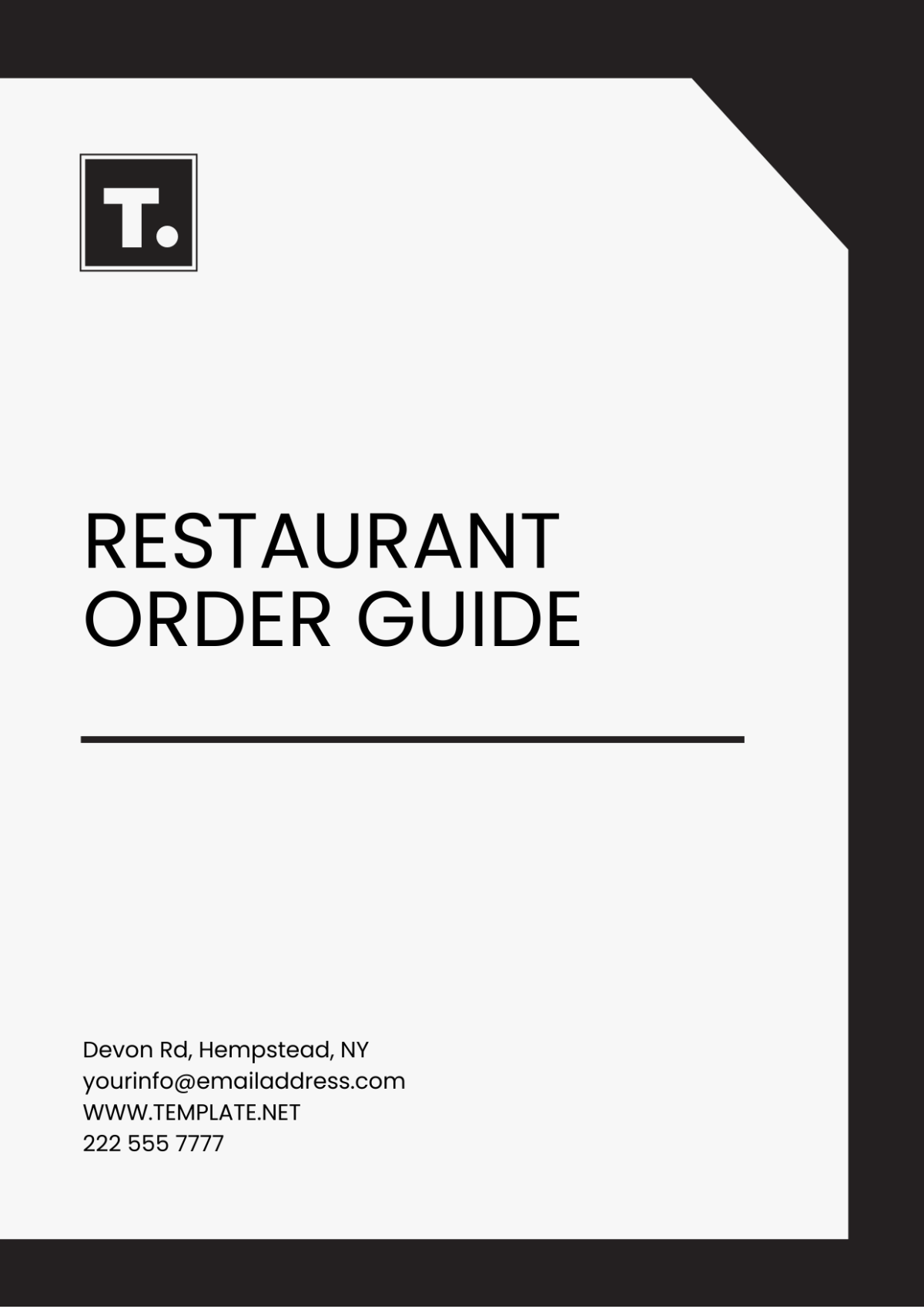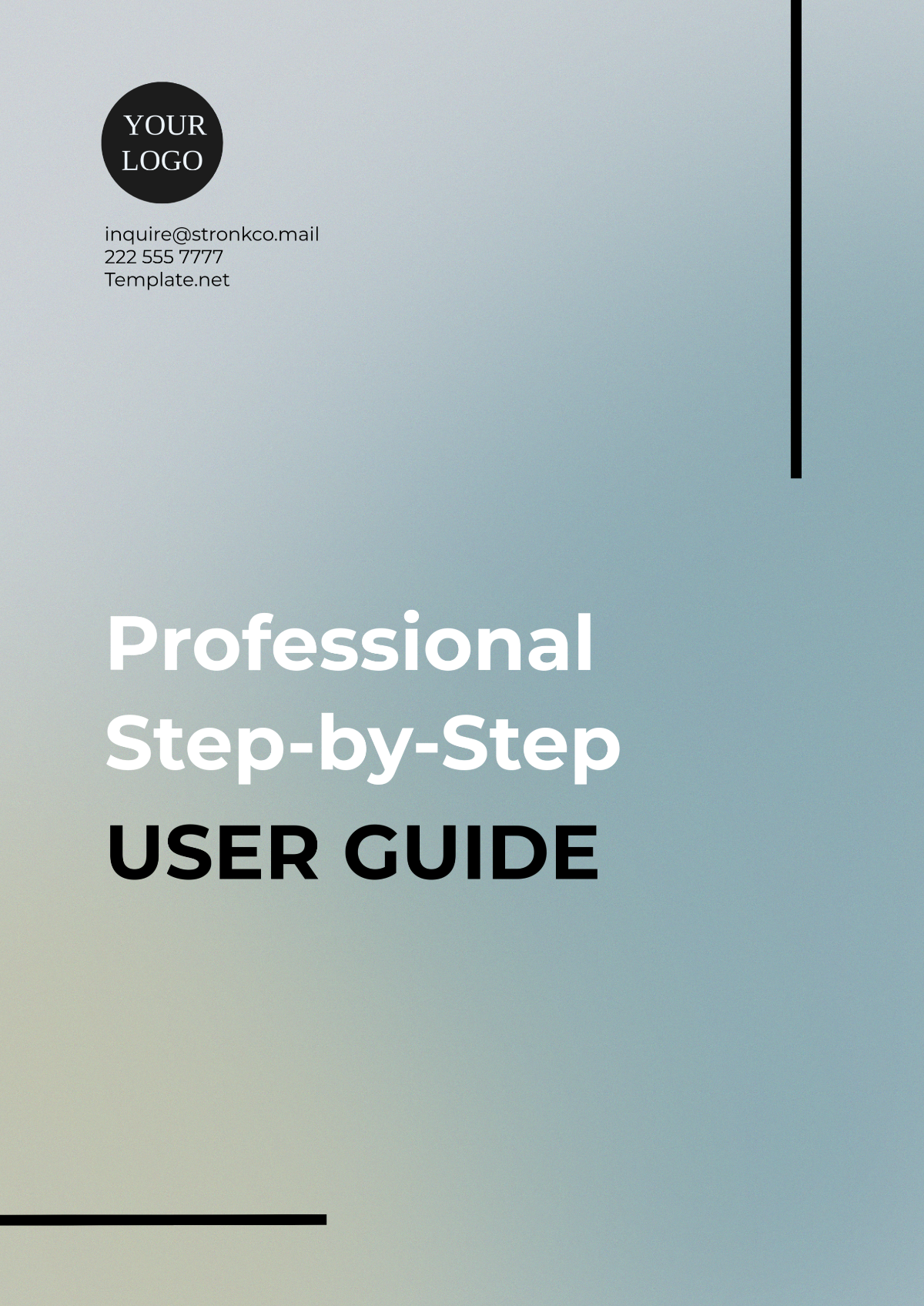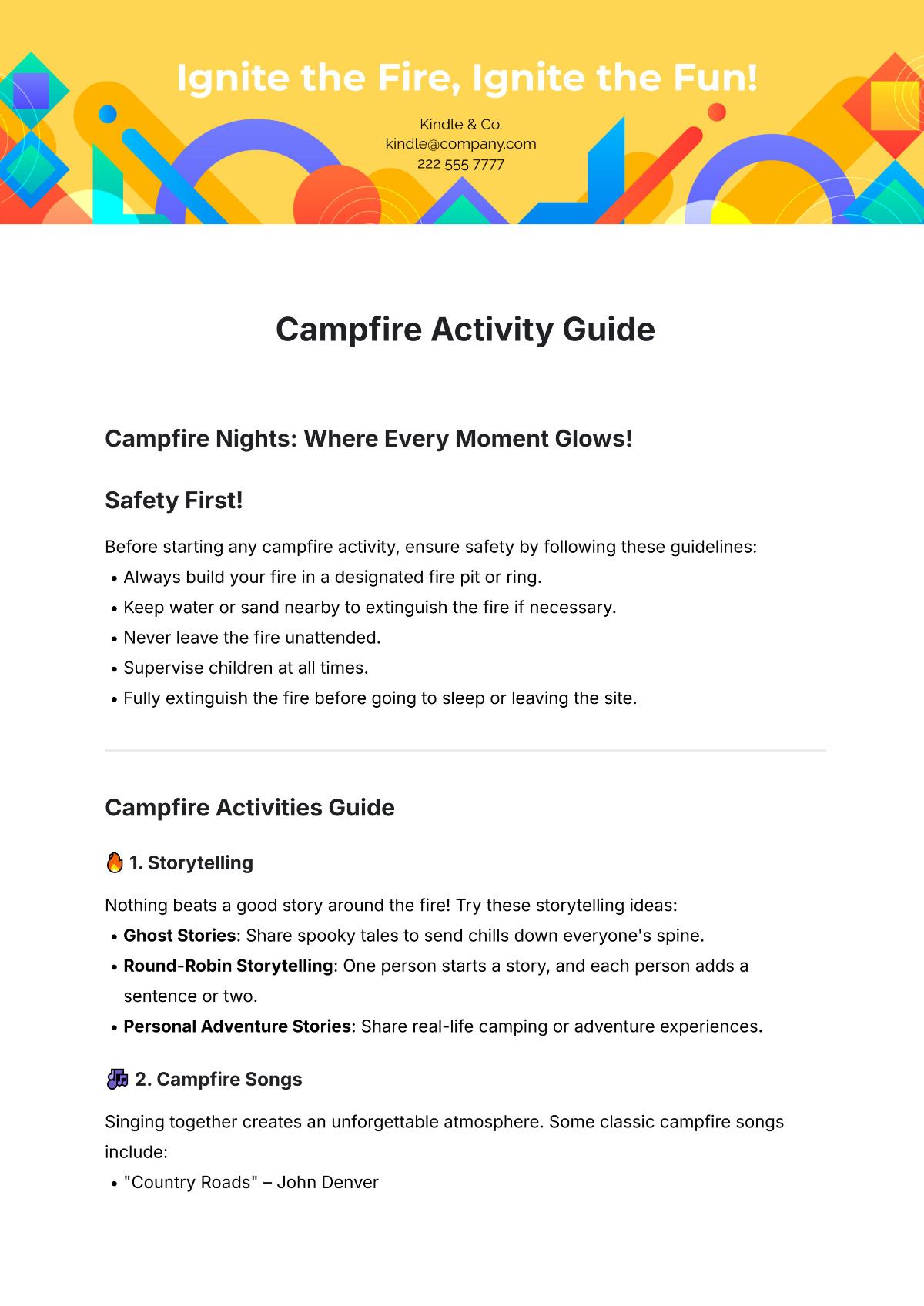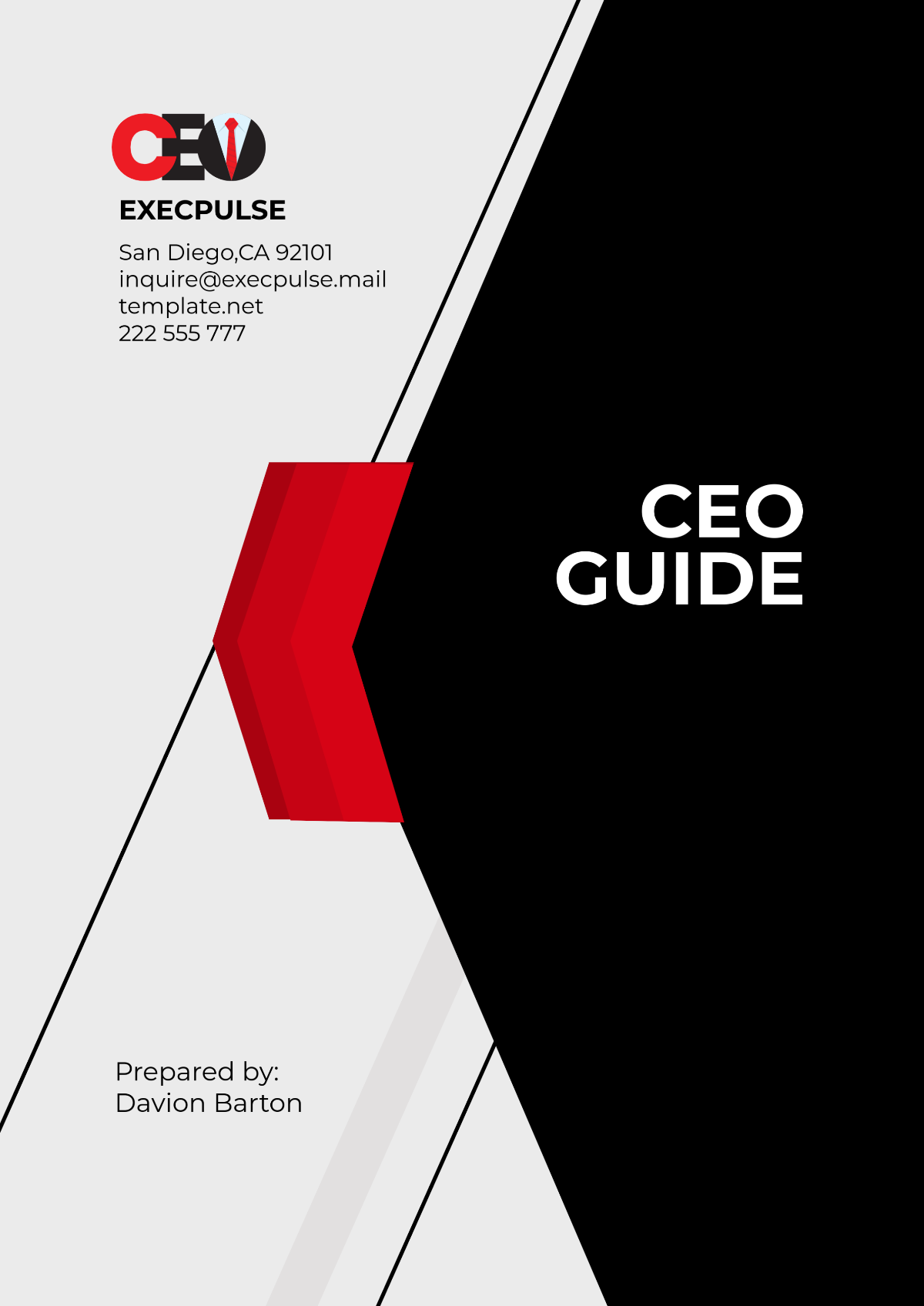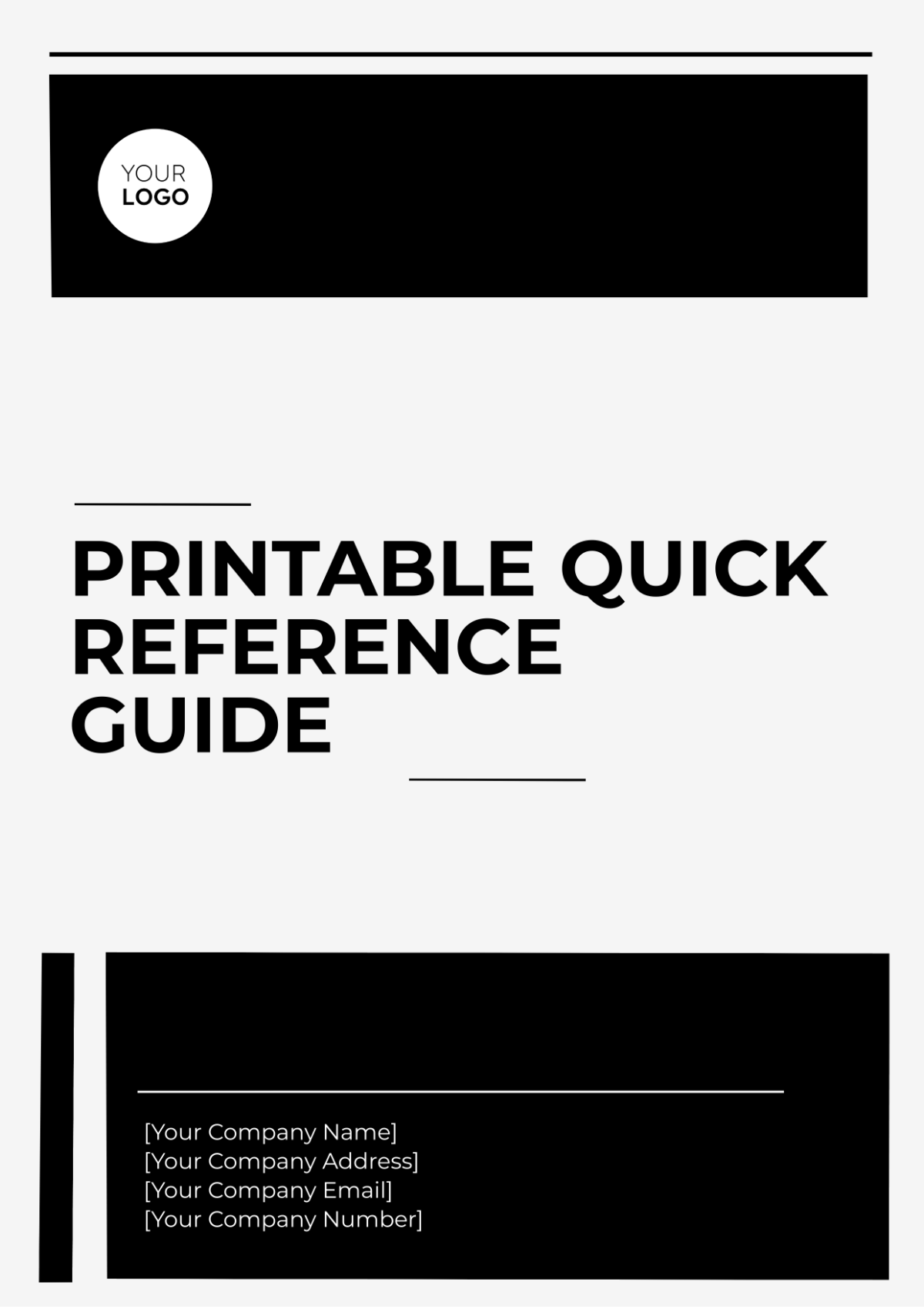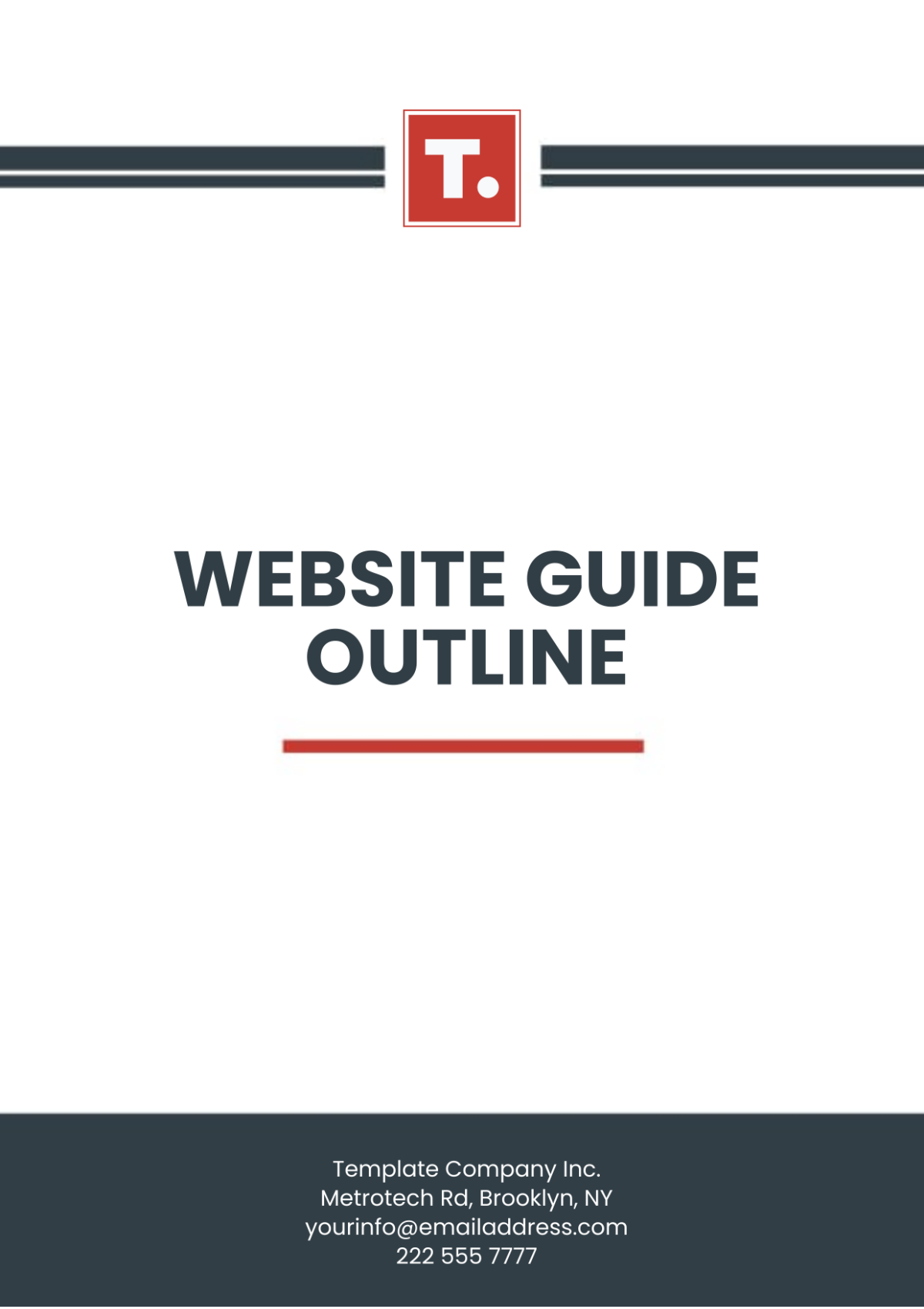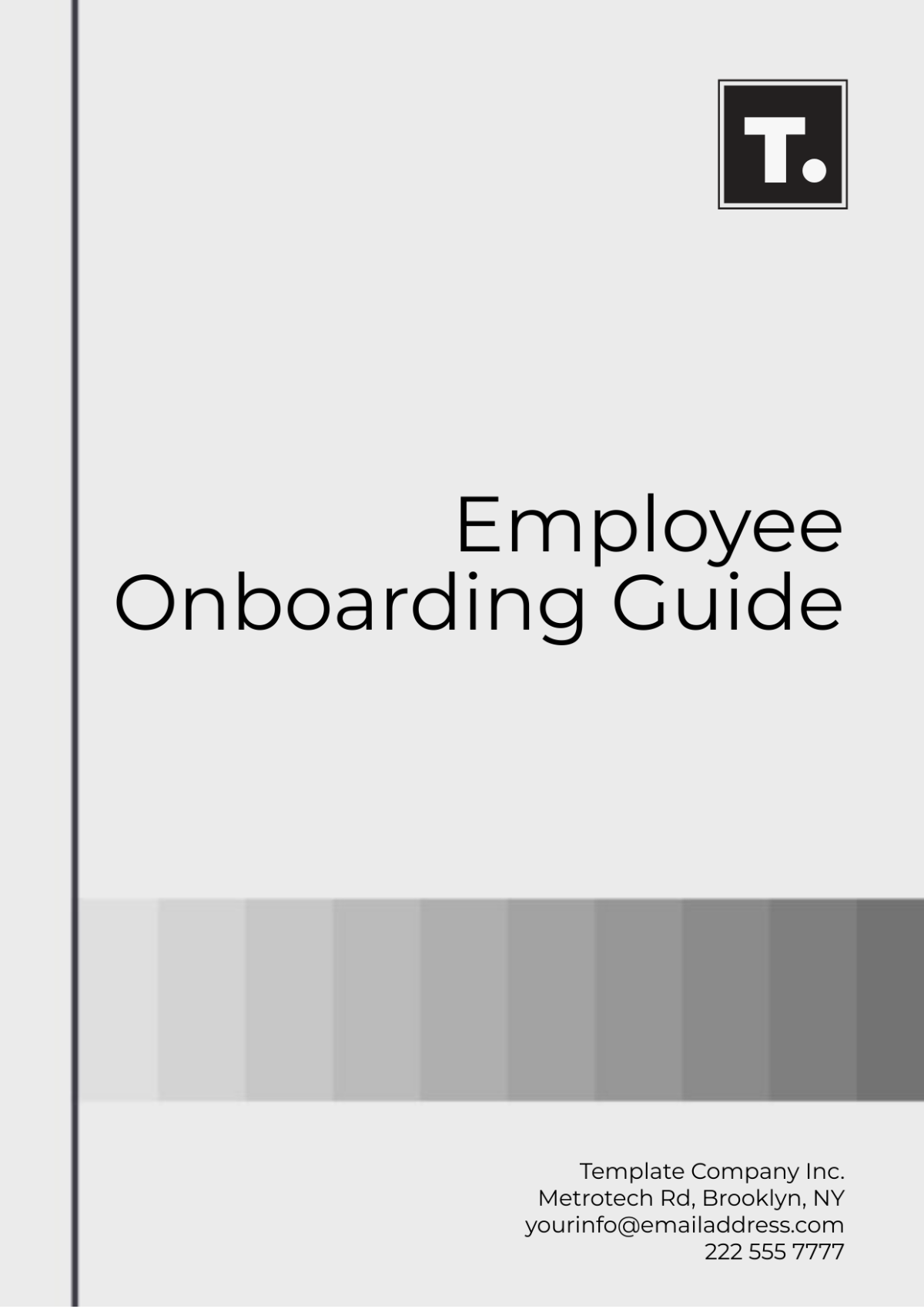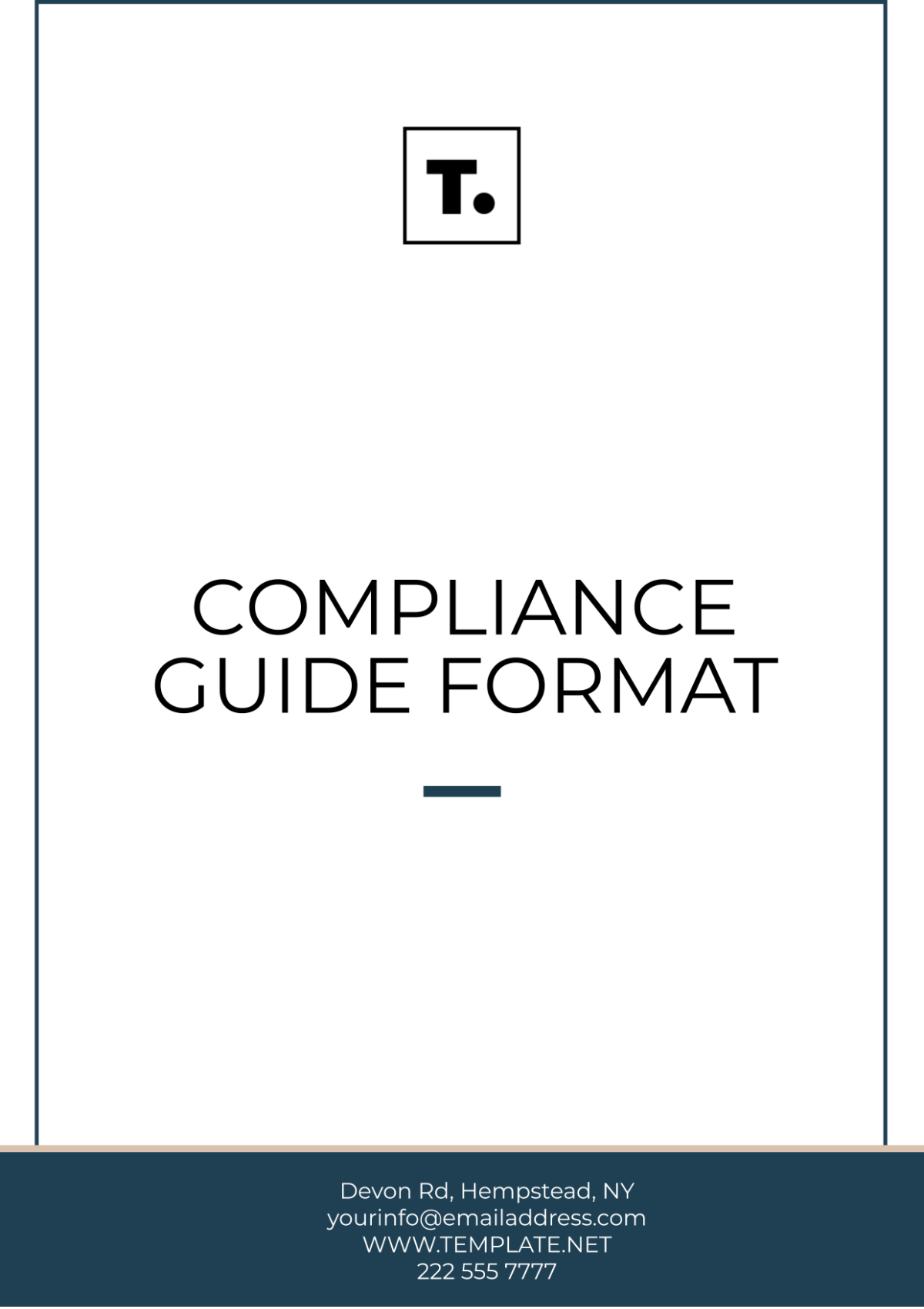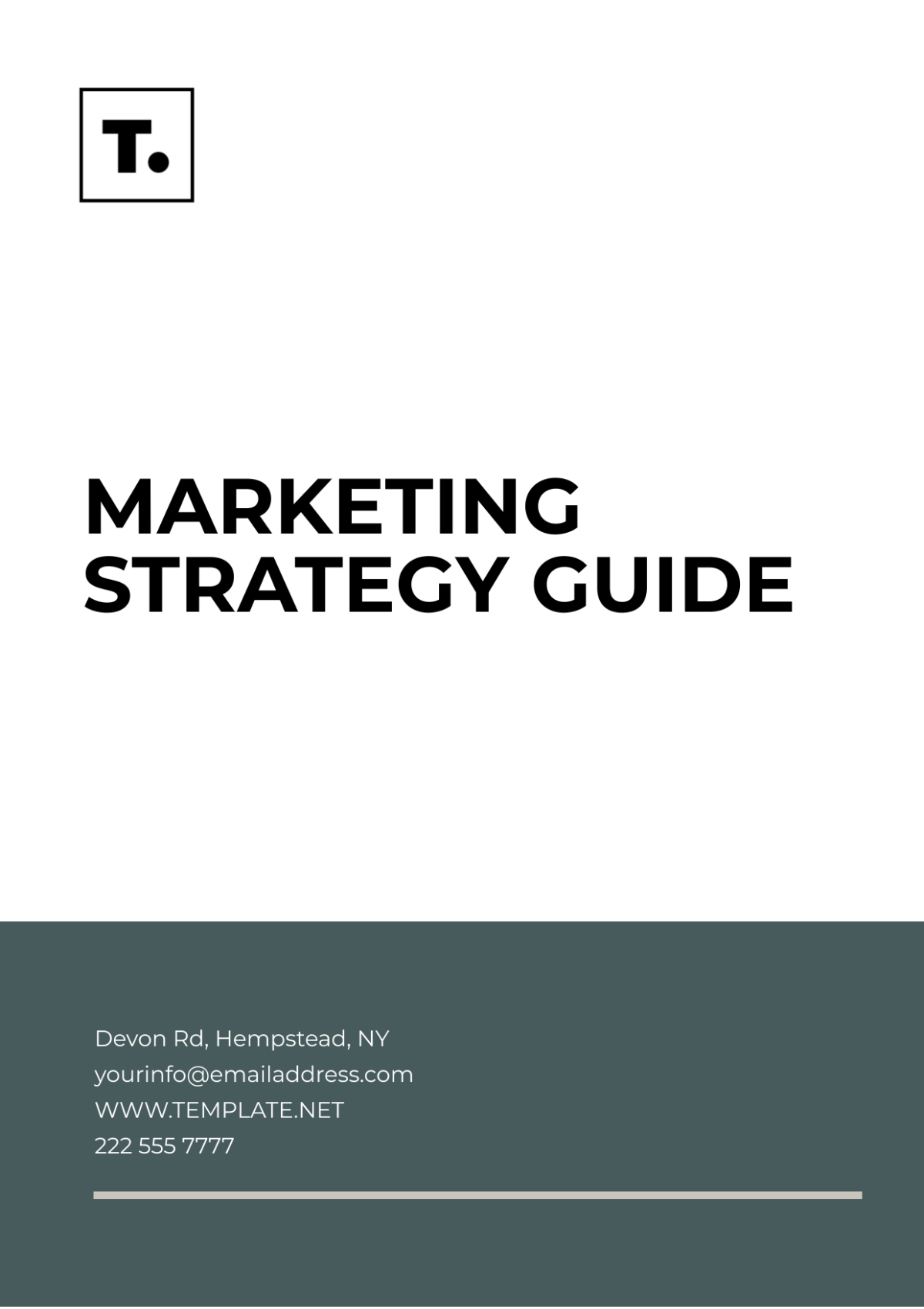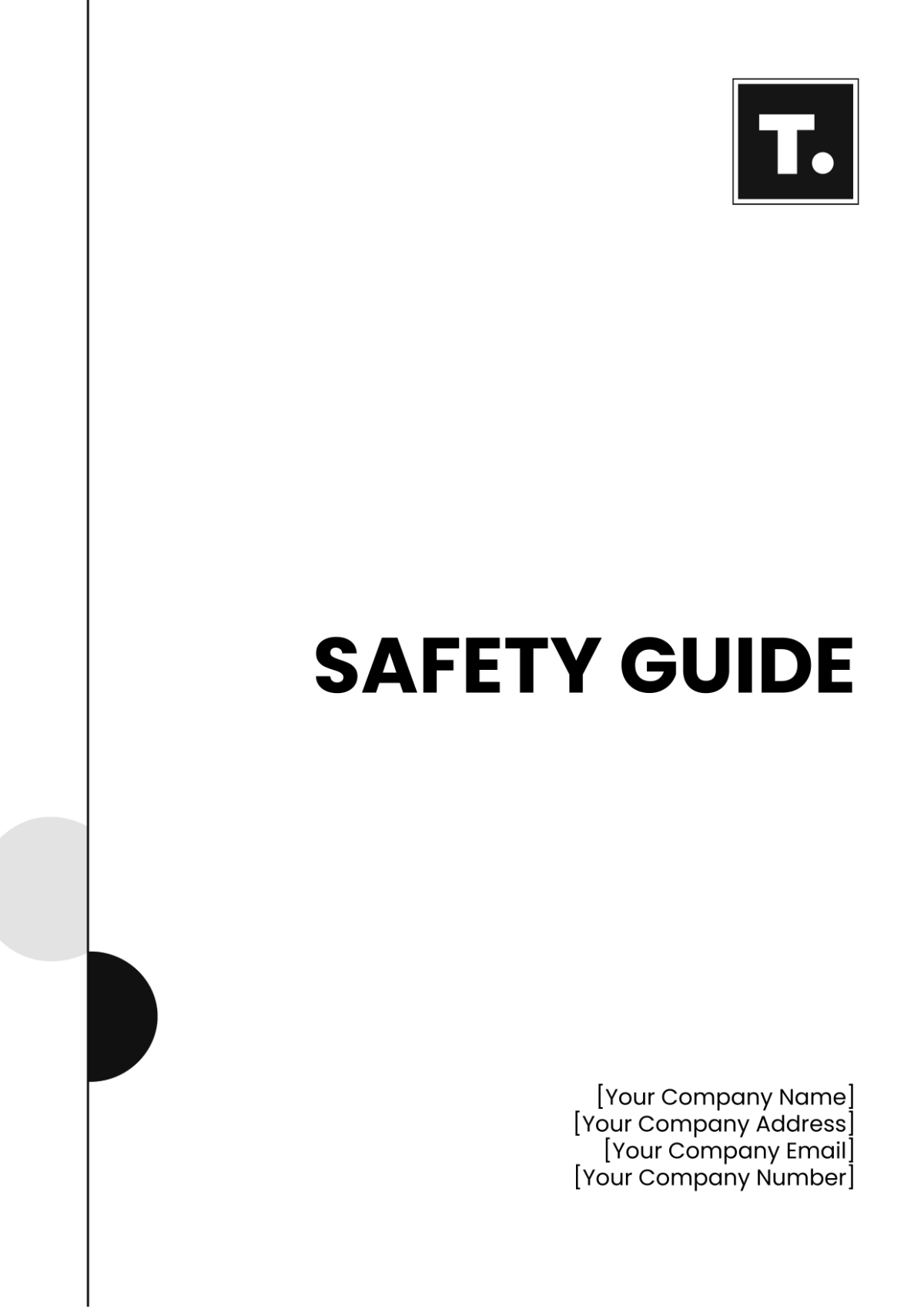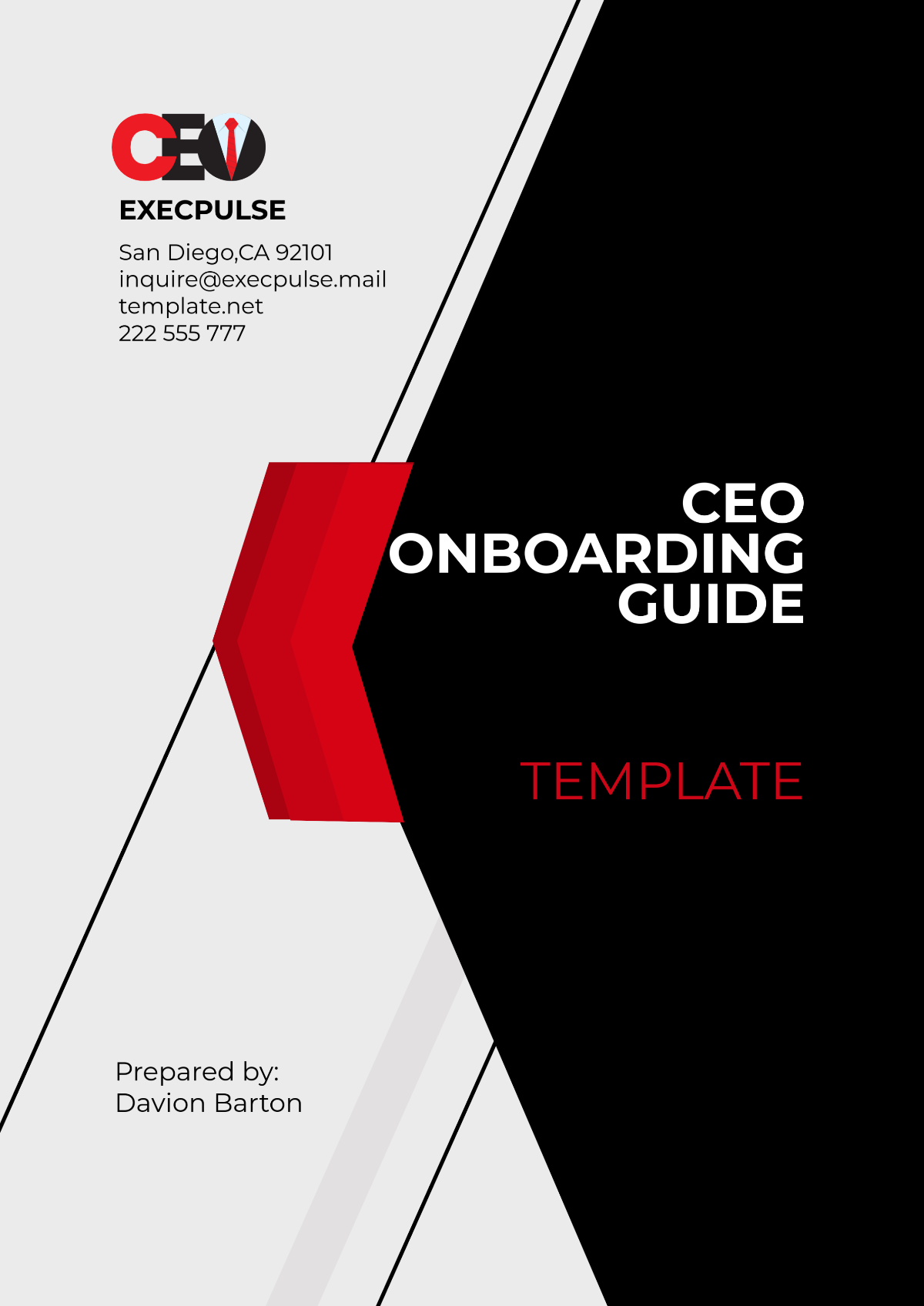Instructional Guide
I. Introduction to Online Marketing
Online marketing has evolved significantly over the decades. In 2060, the landscape is more dynamic and interconnected than ever before. This guide provides an in-depth look at current practices, emerging technologies, and best practices to ensure effective marketing strategies.
II. Understanding the Digital Landscape
Evolution of Digital Marketing
Digital marketing has transformed from simple email campaigns to sophisticated AI-driven strategies. Key developments include:
Artificial Intelligence: AI is now integral in personalizing customer experiences.
Virtual Reality (VR): VR provides immersive advertising experiences.
Augmented Reality (AR): AR enhances product visualization.
Key Components of Online Marketing
A successful online marketing strategy typically involves:
Search Engine Optimization (SEO): Ensures visibility in search engines.
Content Marketing: Engages and educates the audience through valuable content.
Social Media Marketing: Leverages platforms to connect with potential customers.
Email Marketing: Direct communication with tailored messages.
Pay-Per-Click (PPC) Advertising: Immediate visibility through paid ads.
III. Creating an Effective Online Marketing Strategy
Defining Your Objectives
Set clear, measurable objectives for your online marketing efforts. Consider the following goals:
Brand Awareness: Increase visibility and recognition.
Lead Generation: Attract and capture potential customers.
Sales Conversion: Turn leads into paying customers.
Customer Retention: Foster long-term relationships with existing customers.
Identifying Your Target Audience
Understanding your target audience is crucial. Use these methods to identify them:
Market Research: Analyze demographics, preferences, and behavior.
Customer Surveys: Gather direct feedback from your customers.
Social Media Analytics: Monitor engagement and interests on social platforms.
Choosing the Right Channels
Select the most effective channels for your audience. Options include:
Social Media: Facebook, Instagram, LinkedIn, and emerging platforms.
Content Platforms: Blogs, podcasts, and video channels.
Email Campaigns: Newsletters and promotional emails.
Search Engines: Google, Bing, and specialized search engines.
IV. Implementing Your Strategy
Developing Content
Create high-quality content tailored to your audience. Consider:
Blogs: Informative articles relevant to your industry.
Videos: Engaging visual content that highlights your products or services.
Infographics: Visual representations of data and insights.
Podcasts: Audio content that provides value and insights.
Utilizing Technology
Leverage technology to enhance your marketing efforts:
AI Tools: For data analysis, customer insights, and automated responses.
Marketing Automation: Tools that streamline and optimize campaigns.
Analytics Platforms: For tracking and measuring campaign performance.
Monitoring and Adjusting
Regularly monitor your campaigns and make adjustments as needed:
Performance Metrics: Track KPIs like conversion rates and ROI.
Feedback Loop: Use customer feedback to refine strategies.
A/B Testing: Test different approaches to determine the most effective strategy.
V. Case Study: Successful Online Marketing Campaigns
Overview of Successful Campaigns
Reviewing successful campaigns provides valuable insights. Consider:
Campaign Objectives: Define clear goals and outcomes.
Execution Strategies: Analyze methods and tactics used.
Results: Evaluate the success based on measurable outcomes.
Lessons Learned
Identify key takeaways from successful campaigns to apply to your own strategy.
VI. Future Trends in Online Marketing
Emerging Technologies
Stay ahead by exploring emerging technologies:
Quantum Computing: Potential impacts on data analysis and personalization.
Blockchain: Enhancing transparency and security in digital transactions.
Neural Interfaces: Direct communication between human brains and digital devices.
Evolving Consumer Behavior
Understand changes in consumer behavior:
Increased Demand for Personalization: Consumers expect tailored experiences.
Sustainability Focus: Growing preference for environmentally friendly practices.
VII. Conclusion
Online marketing in 2060 presents exciting opportunities and challenges. By understanding the digital landscape, creating effective strategies, and staying updated on trends, you can navigate the complexities of modern marketing successfully.
For more information, contact [Your Company Name] at [Your Company Email] or [Your Company Number].
Feel free to reach out to [Your Name] at [Your Email] for personalized advice and support.







